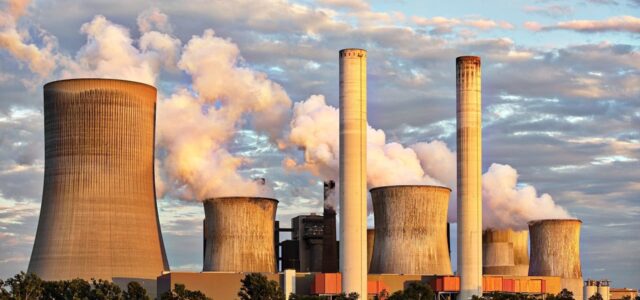ASEAN nations warm to nuclear energy as future power source, says Malaysian Deputy PM
asean-nations-warm-to-nuclear-energy-as-future-power-source-says-malaysian-deputy-pm
#ASEAN #nations #warm #nuclear #energy #future #power #source #Malaysian #Deputy,
KUALA LUMPUR: According to Deputy Prime Minister Datuk Seri Fadillah Yusof, various Southeast Asian countries are now getting closer to espousing nuclear energy as a long-standing answer to increasing power requirements.
In the latest report from The Sun Malaysia, Fadillah, speaking at the Ministry of Energy Transition and Water Transformation’s Media Night, revealed that countries such as Singapore, Vietnam, Indonesia, the Philippines, Myanmar, and Thailand have shown interest in exploring nuclear options as part of their future energy mix.
“A reliable and stable power supply is becoming more critical than ever, especially as the region’s economies grow and the digital sector, including AI and data centres, drives up electricity demand,” Fadillah said.
He noted that during a recent Asia-Pacific Economic Cooperation (APEC) ministerial meeting in South Korea, member economies collectively recognised nuclear energy as a viable path towards ensuring clean and consistent energy delivery.
Responding to current public concerns regarding nuclear safety, Fadillah said that modern-day nuclear engineering, especially second- and third-generation building complexes, has made fundamental modifications in safety and environmental regulations.
In Malaysia, the government is taking guarded steps towards possible nuclear adoption and implementation. The PETRA agency MyPower has been assigned to conduct a detailed feasibility study to assess the viability of nuclear power in Malaysia’s future energy landscape.
“Realistically, we are looking at a 10- to 15-year timeline before any implementation could take place,” said Fadillah, who also serves as the Energy Transition Minister.
Besides considering nuclear energy, Malaysia is also progressing in its study of smart grid systems. These practical applications are meant to strengthen and modify the national power network, which can be affected by fluctuations from renewable sources such as solar.
There are ongoing initiatives to amend and enhance the grid’s efficiency, employing improved energy storage methods, real-time observation systems, and smart engineering intended to balance supply and demand more efficiently.
The statement signals a significant regional shift as ASEAN nations are seeking to balance economic growth with the requirement for a clean energy changeover, and nuclear power, formerly viewed as a “last resort,” is now progressively being reassessed for adoption.
